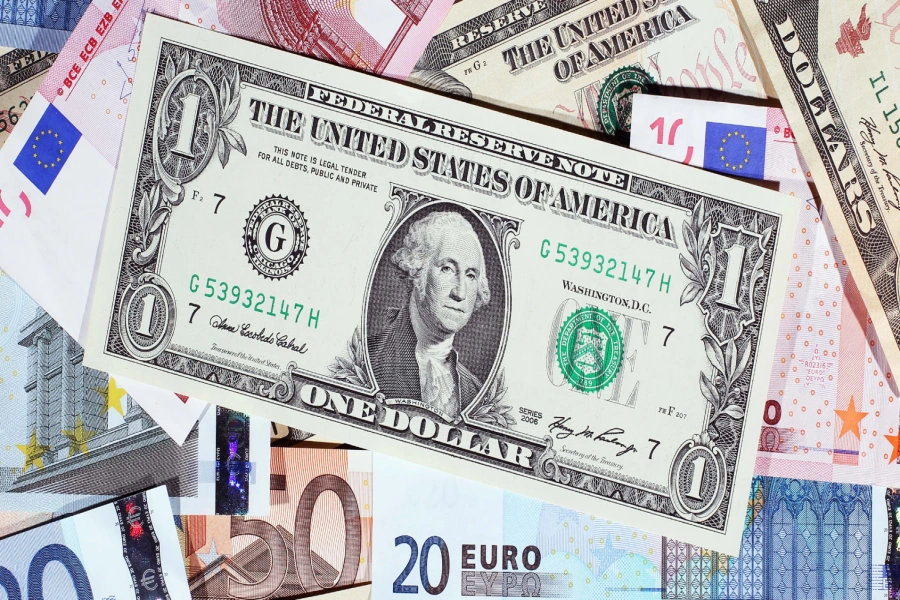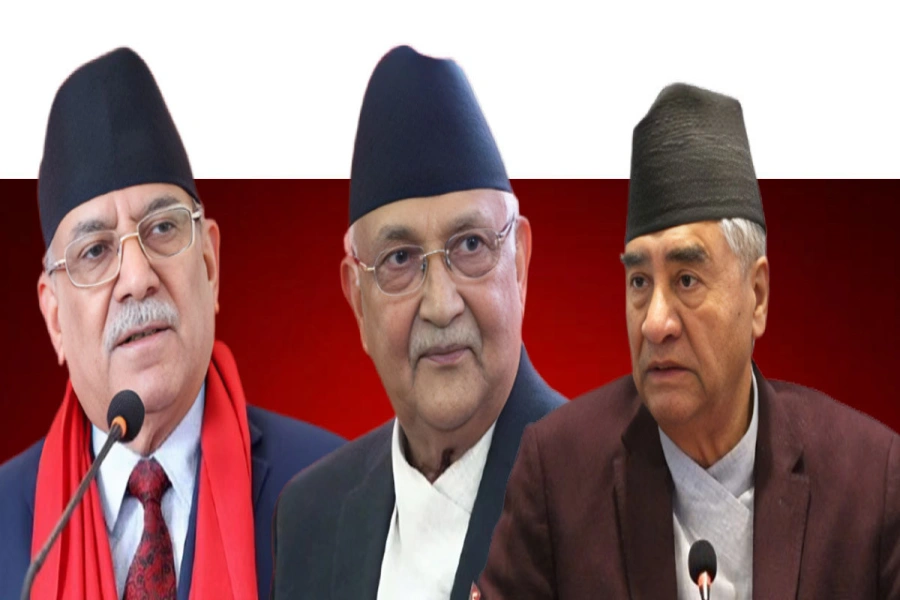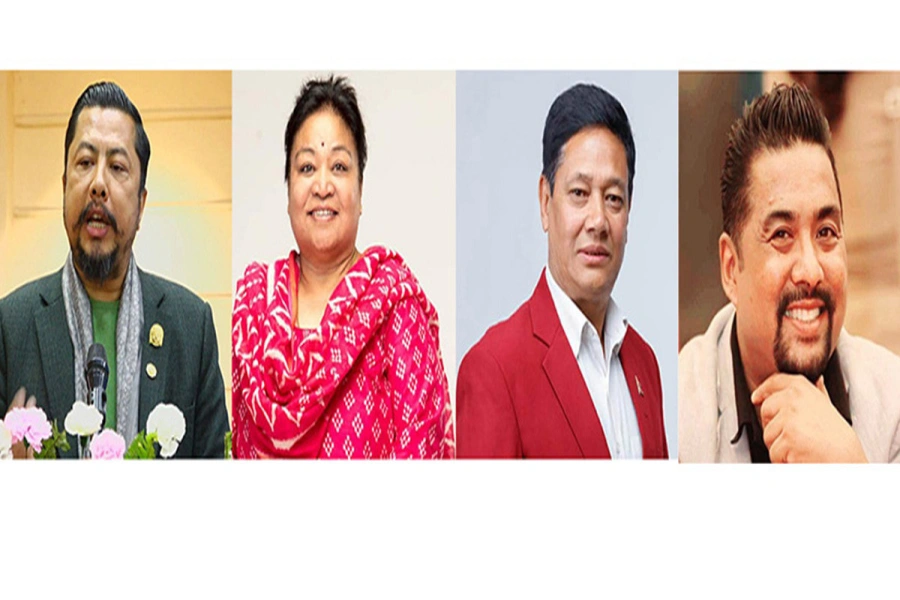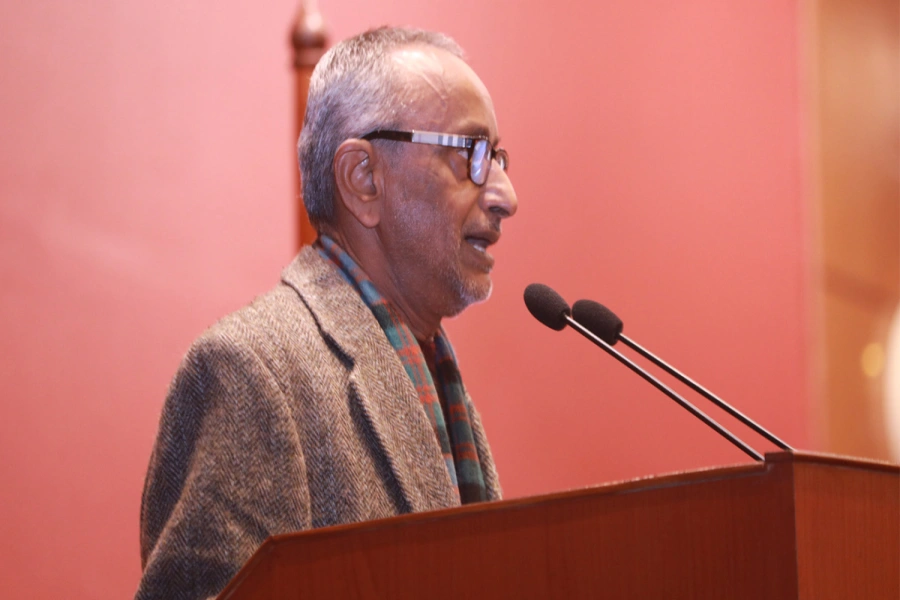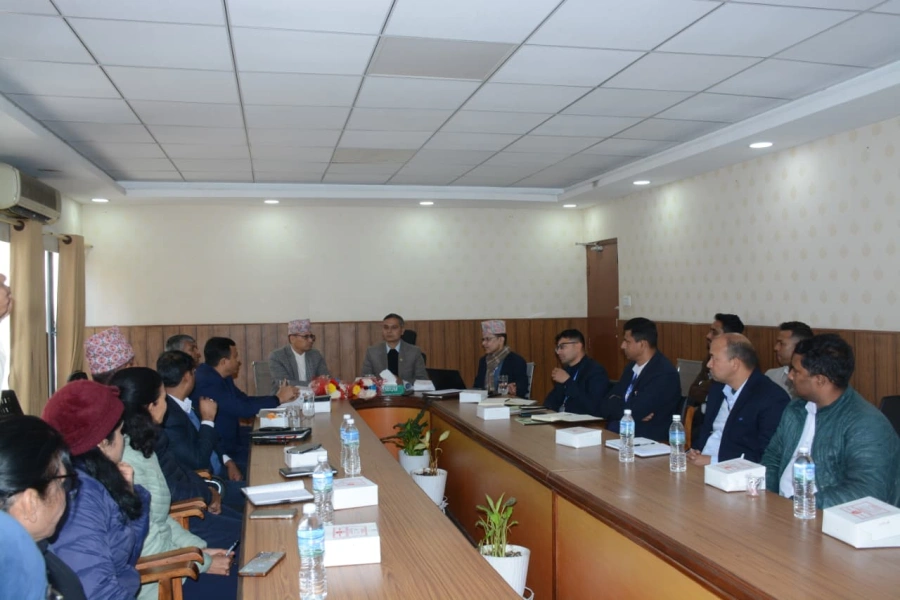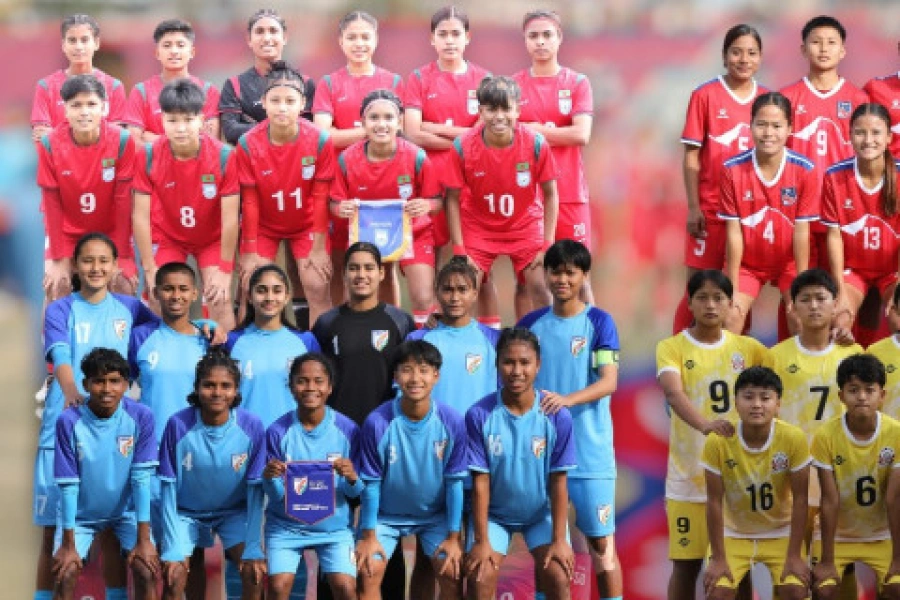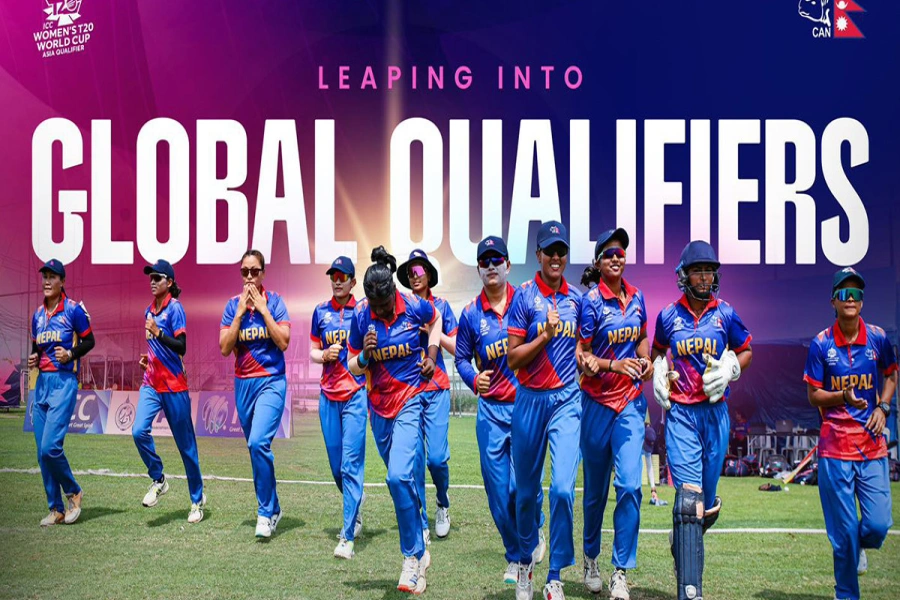In the shivering winter cold, the decision by Axiata to exit from Nepal has created a heated debate amongst Kathmandu-centric intellectuals (politicians, lawyers, academics, activists and former bureaucrats). However, there is more smoke than fire and/or light in the emotionally charged debate. At the one end of the spectrum, the ultra-nationalistic adrenaline is running high calling how the country is being duped by foreigners and is put on sale. At the other end, pragmatic calls are made not to irritate and disturb foreign direct investment (FDI).
About four years back, elsewhere, this scribe read a news story on Axiata planning to exit Nepal by selling Ncell stake to a company based in the Gulf countries. If this scribe has this much information then the concerned authorities must have more. If they have not then they must have been caught by their pants.
Knee-jerk reactions
So far, the fire-fighting, knee-jerk reactions from our policy makers and MPs included: issuing orders and directives, seeking clarifications, holding high-level meetings, forming a study team, filing court cases and securing an interim order. There is a kind of hue, cry and uproar on social media. The political parties in opposition had found an opportune moment to corner the wobbling government of P. K. Dahal. More interestingly, when the CGT debacle erupted in 2017, Comrade P. K. Dahal was in power. This is his second Ncell innings. Let us see how he is going to handle it. So far, the government has been successful in passing the buck and buying time by forming a high-level study team, with a mandate to investigate the matter within 30 days.
Shrouded in mystery
Ncell and Samsung collaborate to launch Galaxy S24 Series

For several reasons, the Axiata deal is shrouded in mystery. In 2016, when Axiata acquired Ncell from TeliaSonera, the buyers and sellers got embroiled in a legal and administrative battle over the payment and non-payment of capital gains tax (CGT). Furthermore, the past history of Ncell is not worth recalling. It is a mind boggling exercise in understanding multiple takeovers, transfers, holding and cross-holding by a colorful bunch of Nepali and non-Nepali investors. TeliaSonera, based in Sweden, was finally put together as Ncell in 2010 from its original avatars of Spice Nepal and Mero Mobile. Here are some specific contentious issues that have triggered the present-day debate:
1. Axiata’s stake in Ncell is sold at a throw away price or sold at raddiko bhauma in Nepali. When Axiata acquired 80% stake in 2016, it paid a cool sum of $1.37 billion (triggering CGT debate). Now, it is being sold for just $50 million. An average Nepali who has never seen a thousand rupee currency note in his or her lifetime or a journalist who cannot figure out the value of lakhs and crores are finding difficulty grappling with figures like billions and millions of dollars. Without getting into the depth of company valuation, especially software companies like telecom, definitely, it is too much for common people to understand company values and sales transactions. I just wonder what would happen if Axiata gifted Ncell stake or gave away free of cost to somebody.
2. Definitely, Ncell has been sold at a peanut price, however, the seller retains some degree of rights on future earnings, dividends and windfall gains. Axiata is not a stupid company to sell Ncell at a throw away price. However, the arrangement gives an impression of management rather than ownership transfer.
3. Ncell is sold to a company based in the UK which was formed just two months ahead of the transaction and the company is being owned by a person of Nepali origin based in Singapore. But his wife, a Nepali citizen, already holds a 20 percent stake in Ncell. Definitely, it is nice to know Nepali people taking over a foreign owned company in Nepal. However, the company is reduced to a family business.
4. Ncell is sold at a throw away price. This is primarily to waive CGT and avoid controversy over its payment that earlier Axiata had to grapple with. By the way, this scribe is not sure who is responsible to pay CGT? Is it the buyer, the seller or the company being sold?
5. The transaction is being designed to pre-empt government takeover after lapse of operating license which is six years down the lane. Ncell was established under the BOOT (build, own, operate and transfer) system for 25 years.
6. There are liabilities, running billions of rupees, as loans from local banks and possible liability to pay taxes from the case pending at the court.
7. There is no permission or prior approval for sales transactions taken from the telecom regulating agency, mandatory for share transfer over 5%. However, it is not clear whether such approval should be taken before or after the sales transaction.
8. Negative comments coming from Axiata’s boss has, literally, infuriated the minds of some of our political honchos. The statement released by Axiata says "current conditions of unfair taxation and regulatory uncertainties (related to license renewal) were no longer sustainable for the company”. They read this statement as a ploy to defame our country and dampen our business environment. Definitely, Nepal may not be a haven for FDI but it is also not a hell. It is difficult to comprehend how a single statement by a foreigner can dampen our business environment. Are we that much susceptible, vulnerable?
A hypothetical example
I suppose a simple hypothetical illustration that I read in The Economist ages back highlights the crux of the matter. This is essentially posed by the process of globalization which has blurred economic boundaries in the world where political boundaries matter. Imagine a single bottle of scotch-whisky is being produced in Scotland, the UK. Also imagine that the same bottle is being transported to and sold at a profit, assuming free of transaction costs, in Beijing, China. Obviously, the profit will be or has to be taxed. The profit is the difference between revenue (that is realized in China) and expenditure (that is incurred in the UK). Shall we tax the profit as per the Chinese law or the British law on taxation? I suppose, an MP flaunting his Harvard degree definitely understands the situation.










